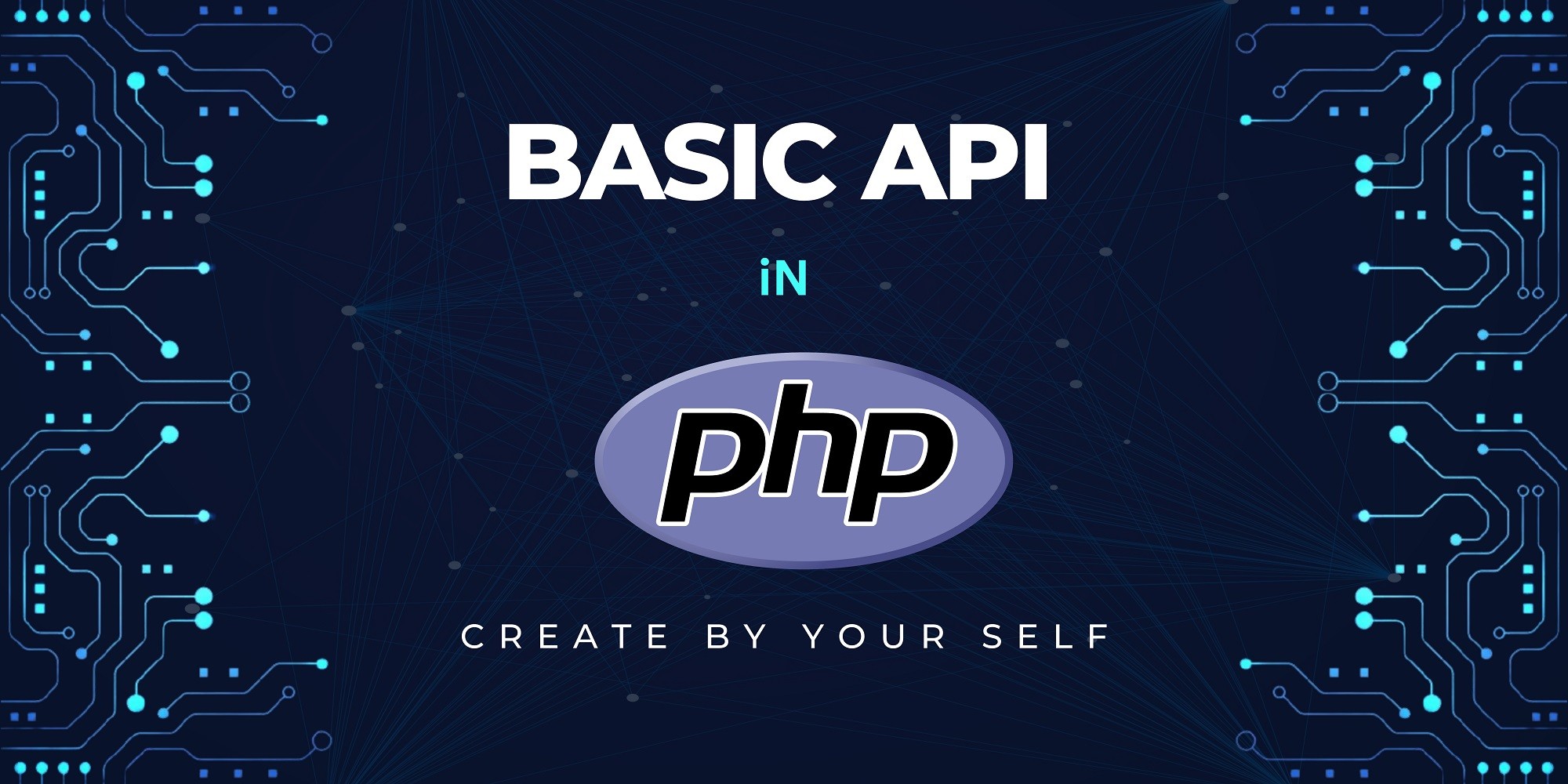First of all Make sure you have PHP and a web server like Apache or Nginx installed on your computer.
Create a Directory Structure:
Create a directory for your project. Inside this directory, create an index.php file and a folder for your API (e.g., api). The api folder will contain PHP files for each endpoint.
Create the index.php File:
<?php
header("Content-Type: application/json");
// Include the appropriate endpoint file based on the requested URL
$path = $_SERVER['REQUEST_URI'];
$path = explode('/', $path);
if ($path[1] === 'api' && isset($path[2])) {
$endpoint = $path[2];
$endpointFile = __DIR__ . "/api/{$endpoint}.php";
if (file_exists($endpointFile)) {
require_once $endpointFile;
} else {
http_response_code(404);
echo json_encode(["message" => "Endpoint not found"]);
}
} else {
http_response_code(400);
echo json_encode(["message" => "Invalid request"]);
}
Create API Endpoints:
Inside the api folder, create PHP files for each endpoint you want to create. For example, let’s create a simple hello.php endpoint that returns a JSON response.
<?php
// api/hello.php
$response = ["message" => "Hello, World!"];
echo json_encode($response);
Testing the API:
You can now access your API using URLs like http://localhost/api/hello in your web browser or by making HTTP requests using tools like cURL or Postman.
Example cURL request:
curl http://localhost/api/hello
You should receive a JSON response like:
{"message":"Hello, World!"}
This is a very basic example of creating an API in PHP.

